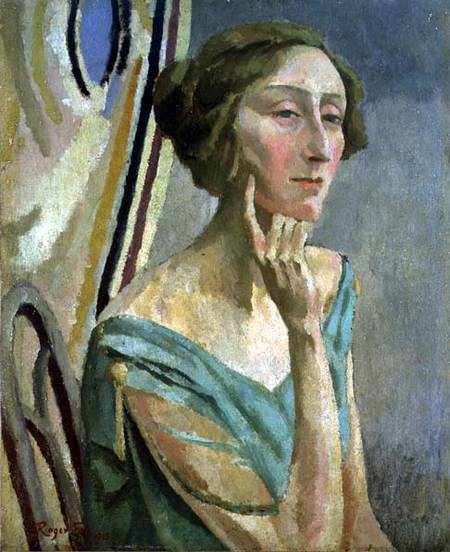The Grove Companion to Samuel Beckett: A Reader's Guide to His Works, Life ...
By C. J. Ackerly, S. E. Gontarski
Samuel Beckett's poem, "Enueg II," recited by Ole Irenaeus Wieroed. [Only on this FULCRUM page for poetry lovers!] And here is the text:
Samuel Beckett
Enueg II
world world world world
and the face grave
cloud against the evening
and the face grave
cloud against the evening
de morituris nihil nisi
and the face crumbling shyly
too late to darken the sky
blushing away into the evening
shuddering away like a gaffe
too late to darken the sky
blushing away into the evening
shuddering away like a gaffe
veronica mundi
veronica munda
give us a wipe for the love of Jesus
veronica munda
give us a wipe for the love of Jesus
sweating like Judas
tired of dying
tired of policemen
feet in marmalade
perspiring profusely
heart in marmalade
smoke more fruit
the old heart the old heart
breaking outside congress
tired of dying
tired of policemen
feet in marmalade
perspiring profusely
heart in marmalade
smoke more fruit
the old heart the old heart
breaking outside congress
doch I assure thee
lying on O’Connell Bridge
goggling at the tulips of the evening
the green tulips
shining round the corner like an anthrax
shining on Guinness’s barges
lying on O’Connell Bridge
goggling at the tulips of the evening
the green tulips
shining round the corner like an anthrax
shining on Guinness’s barges
the overtone the face
too late to brighten the sky
doch doch I assure thee
too late to brighten the sky
doch doch I assure thee
[1931]



